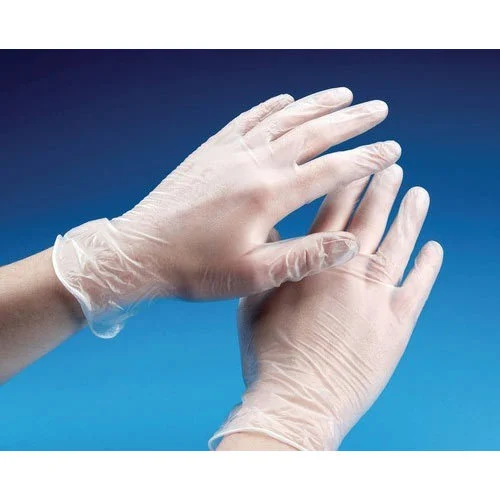In the dynamic and ever-evolving field of healthcare, every detail matters, including the gloves you choose. From protecting patients to safeguarding providers, gloves are an essential part of personal protective equipment (PPE).
But with so many options—nitrile, latex, vinyl—how do you determine the right fit for your specific needs? At Vereburn Medical, we understand the importance of selecting the best gloves for each task and are here to guide you through the process.
Nitrile Gloves: The All-Rounder
Nitrile gloves have become a favourite in healthcare settings for a reason. Made from synthetic rubber, these gloves are latex-free, making them an excellent choice for professionals and patients with latex allergies. Nitrile gloves are highly durable, offering superior resistance to punctures, chemicals, and pathogens, which makes them ideal for high-risk procedures.
Whether you’re performing a surgical procedure or handling hazardous materials, nitrile gloves provide the reliability and protection you need. Their snug fit also ensures precise tactile sensitivity, allowing healthcare workers to perform delicate tasks without compromising safety.
Latex Gloves: The Classic Choice
Latex gloves have been a staple in healthcare for decades. Known for their elasticity, comfort, and excellent barrier protection, they are a go-to choice for tasks that require precision. Latex gloves are ideal for surgeries, dental procedures, and other applications where dexterity and a natural feel are essential.
However, latex allergies have prompted many to seek alternatives like nitrile or vinyl. If your team or patients are not allergic, latex gloves remain a cost-effective and high-performing option for many medical tasks.
Vinyl Gloves: A Budget-Friendly Option
Vinyl gloves are made from PVC and are often the most affordable choice. While not as durable as nitrile or latex, they are suitable for low-risk tasks such as basic examinations or handling non-hazardous materials. Vinyl gloves are latex-free, making them a safe choice for allergy-sensitive environments.
However, their lower elasticity and durability mean they are not ideal for procedures involving exposure to bloodborne pathogens or other infectious agents. Vinyl gloves can be a practical, budget-friendly solution for tasks requiring minimal protection.
Key Considerations When Choosing Gloves
When selecting gloves, consider the following:
- Allergies: Latex-free options like nitrile and vinyl are essential for avoiding allergic reactions.
- Durability: For high-risk procedures, choose gloves with strong puncture and chemical resistance, such as nitrile.
- Tactile Sensitivity: Tasks requiring precision, like surgery, benefit from latex or nitrile gloves.
- Cost: For routine tasks, vinyl gloves may provide an economical solution without compromising safety in low-risk situations.
Your Partner in PPE
At Vereburn Medical, we recognize the critical role gloves play in healthcare settings. As a trusted Canadian healthcare product distributor, we offer a wide selection of gloves to meet the diverse needs of medical professionals. Our range includes nitrile, latex, and vinyl gloves designed for various applications, ensuring your team is equipped with the best tools for the job.
Ensuring Safety and Care
Selecting the right gloves isn’t just about compliance—it’s about care. The right gloves protect your patients, your team, and your practice. By understanding the unique benefits of nitrile, latex, and vinyl gloves, you can make informed choices that enhance safety and efficiency.
Explore Vereburn Medical’s offerings today and experience the difference that quality PPE can make in your healthcare practice. Together, we can create safer environments and better outcomes for all.







